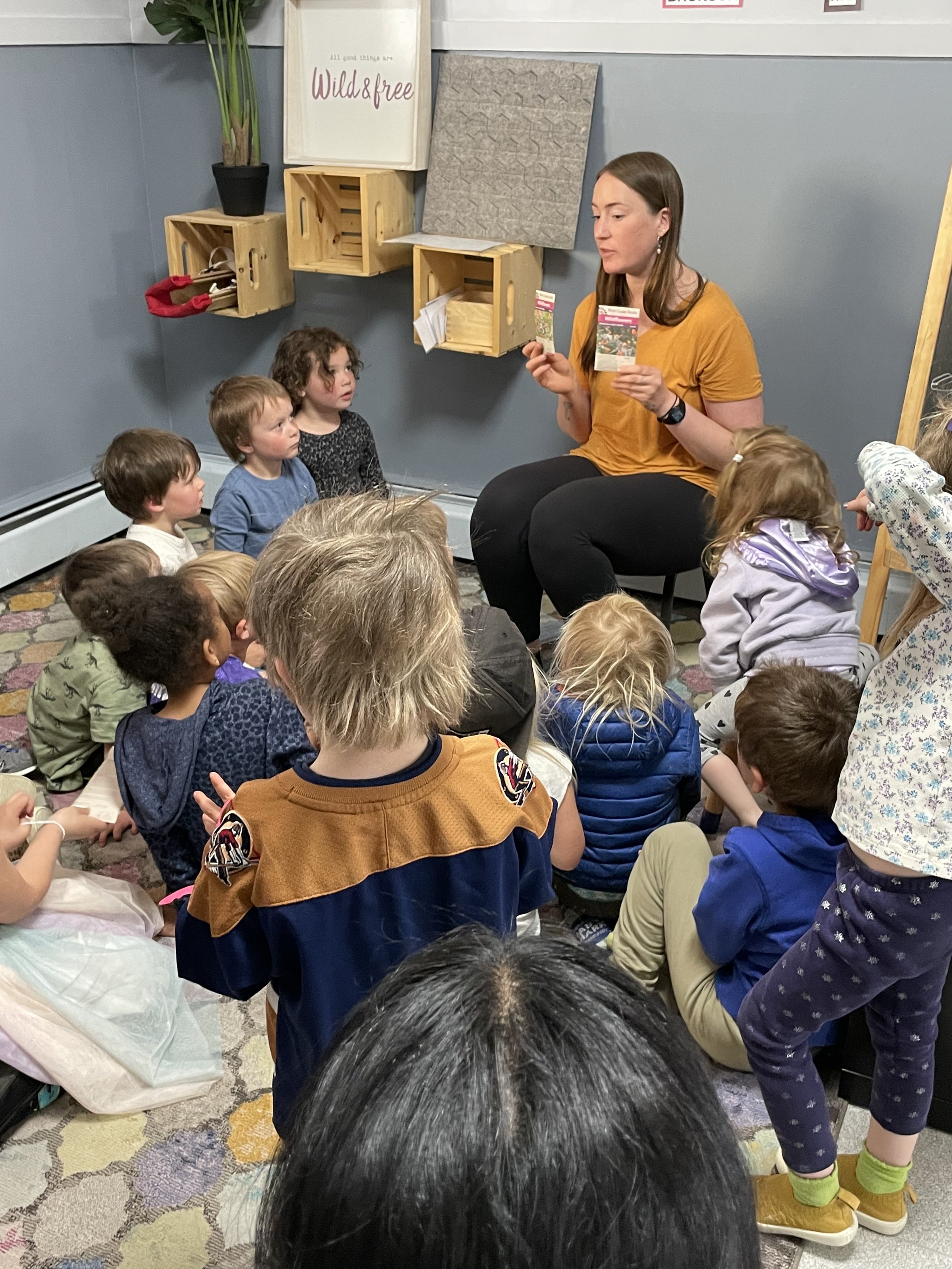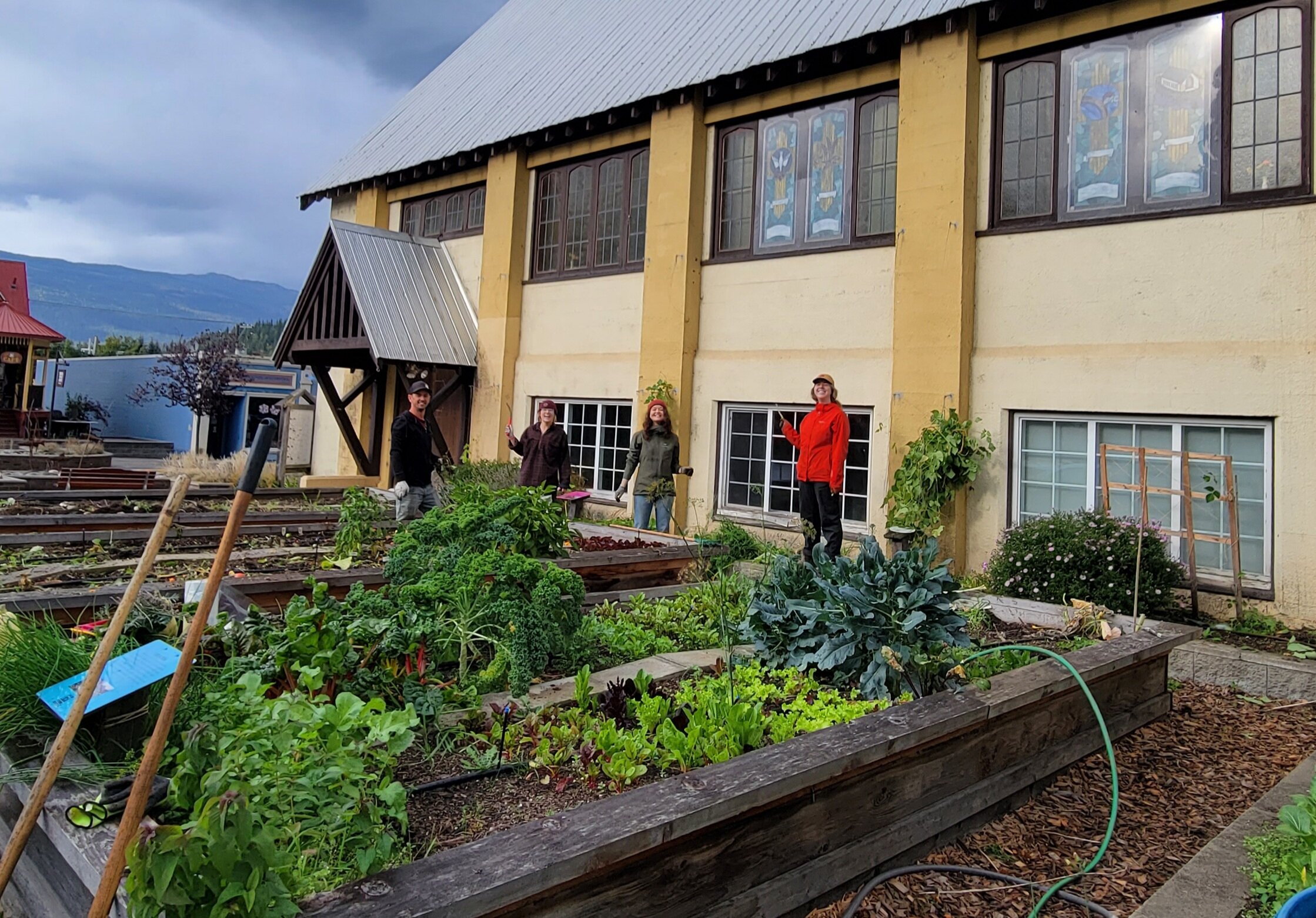Revelstoke Bear Aware hosted an event dedicated to the protection of bears through education and raising awareness surrounding our interactions with these furry local citizens. Bear Awareness Day offered the opportunity for our community to learn all about how our town and existence affects the bear population that travels through our local corridor looking for food. It highlighted the areas that we as people have control over, and ways in which we can make small changes in our daily routines to ensure the health and longevity of our much beloved neighbours.
The Local Food Initiative supported this event by lending our own experience surrounding composting methods. We highlighted the best practices surrounding composting, not just for environmental reasons or garden productivity and free soil, but for the good of all bears in our area. There are many fantastic and effective ways to create healthy soil through composting, but it is important that we are responsible citizens and do so in a way that promotes a safe environment for ourselves and the bears.
The best practices for composting in bear country include:
-Bury kitchen scraps between layers of “browns” -carbon.
-Keep your compost a healthy balance of “browns”- carbon and “greens”- nitrogen materials
- Turn your compost regularly - every few days or when you add new layers
- Keep your compost wet - like a wrung out sponge
What to do if a bear gets into your compost:
- Immediately bury any new compost under a layer of brown
- Check your yard for any other bear attractants
- Bury your current compost deep into a garden or your yard
- Build a fresh pile with equal parts green and brown and keep the pile buried under a layer of brown
Ways to reduce local bear attractants:
- Never add meat, fish, oils, fat, eggshells or cooked food, cereals or grains
- Turn compost regularly to oxygenate and use equal amounts of greens (kitchen scraps and lawn clippings) to browns (dried leaves, grasses)
- Don’t allow windfall to accumulate. Pick your fruit and allow ripening indoors or pick it daily as fruit ripens
- Finely chopped fruit and vegetable matter will decompose faster and are less likely to attract bears.
- Bury kitchen waste and cover with dry leaves or dried grass clipping.
- Locate compost well away from the forest edge, thickets and natural pathways used by bears.
- Keep your compost clean, aerated, properly turned and odour free. Lack of oxygen results in smelly compost, which is what attracts bears.
- Freeze your kitchen scraps during heavy bear foraging seasons, like the fall when they are trying to store up calories for the winter.
-Start a vermicompost indoors (worm compost)! This creates liquid fertilizer for your plants, and keeps those food scraps indoors. This will help to reduce any build up of organic food waste over the winter
Extra helpful tips:
- Keep dry brown materials on hand. You can separate sawdust or brown cardboard into a container like a recycling can for future use when you need it
- Keep grass clippings in a pile to be used later
- Use Ash or Lime to reduce compost odours








